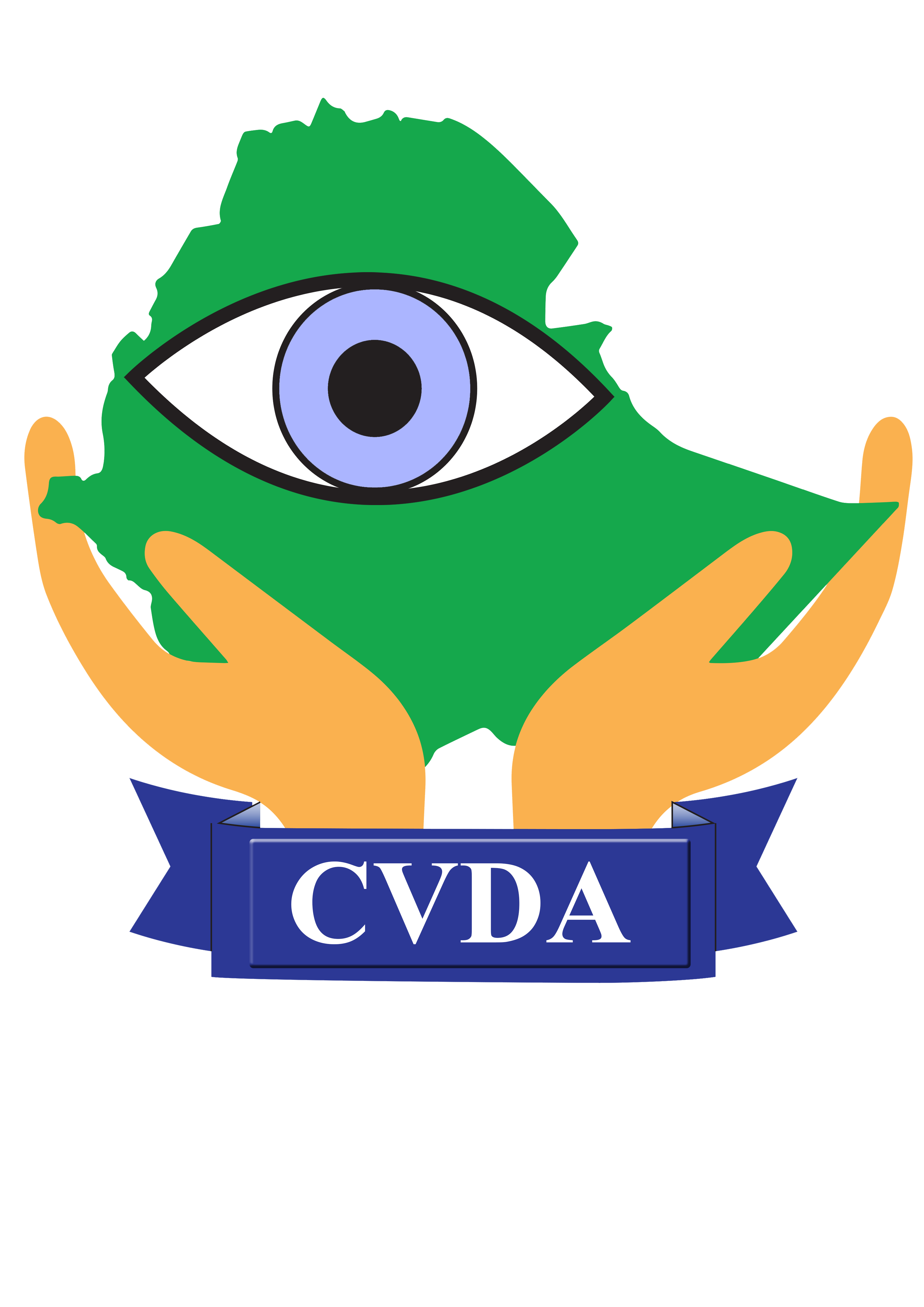Livelihood Diversification
Securing food and a livelihood is inextricably linked to the exploitation of the natural resources (land, water and forest) in Ethiopia, where over 85 percent of the population live in rural areas and depend on smallholder agriculture. The pressure of intense human activity and improper farming and management practices pose serious threats to the sustainability of the natural resources and maintaining ecological balance. There is a widespread problem related to intensive cultivation, overgrazing and deforestation, soil erosion and soil fertility decline, water scarcity, livestock feed and the fuel wood crisis. These factors often interact with one another resulting in a re-enforcing cycle of the “poverty, food insecurity and natural resources degradation trap”. This problem manifests itself in recurrent drought and famine affecting millions of people, particularly in the Ethiopian highlands. In order to address this problem, a community-based integrated natural resources management approach play significant role, which makes a systematic effort to improve soil and land productivity, agroforestry development and other rural energy sources, low-cost rainwater harvesting, livestock improvement and expanding the livelihood base in the non-farm sector under the existing National Extension Program.
The community-based integrated natural resources management approach puts equal emphasis on stabilizing yields and reducing vulnerability (by broadening the livelihood base) among the large number of small-scale farmers who live in marginal, degraded and fragile ecosystems. It also provides a more flexible approach and a broad umbrella (not packages) under which extension-research-farmers and community organizations would develop activities/programmers to respond to various agro-ecological zones and local resource endowments and farmers’ capacity to invest in low-cost and environmentally sound soil, water and forest management techniques and livestock improvement in an integrated manner.

- Livestock extension, forage development, bee keeping, poultry production, livestock health, animal fattening, dairy production, goat and sheep production.
- Introduce small scale irrigation to enable the framers to produce in all season.
- Produce and distribute indigenous and exotic tree seedling among the community.
- Establish community nursery site and enhance afforestation and area closure.
- Introduce different techniques of soil and water conservation for farmers.
- Introduce alternative energy source such as biogas technology to replace fire wood.
- Introduce urban gardening for urban destitute and other target group to access for balance diet and to raise their income.
- Establish food grains bank for the farmers.
- Raise the awareness of the farmers on importance of research output and accessing the farmers for research output.
- Multiply high yield variety seed and distribute to farmers.
Livelihood Diversification
This program focuses particularly to the target group. Under this program equal weight will be given to change the behavior of the beneficiaries to mitigate the personality they develop from their pervious life and to introduce entrepreneurship skill to enable them to be self-supportive.
- Establish vocational skill training and access the target group for the training.
- Access the target group for different skill training such as hair dressing, embroidering, tailoring, pastry, bakery, weaving, and etc.
- Provide entrepreneurship training and access for startup capital to enroll in different micro business activities upon their interest.
